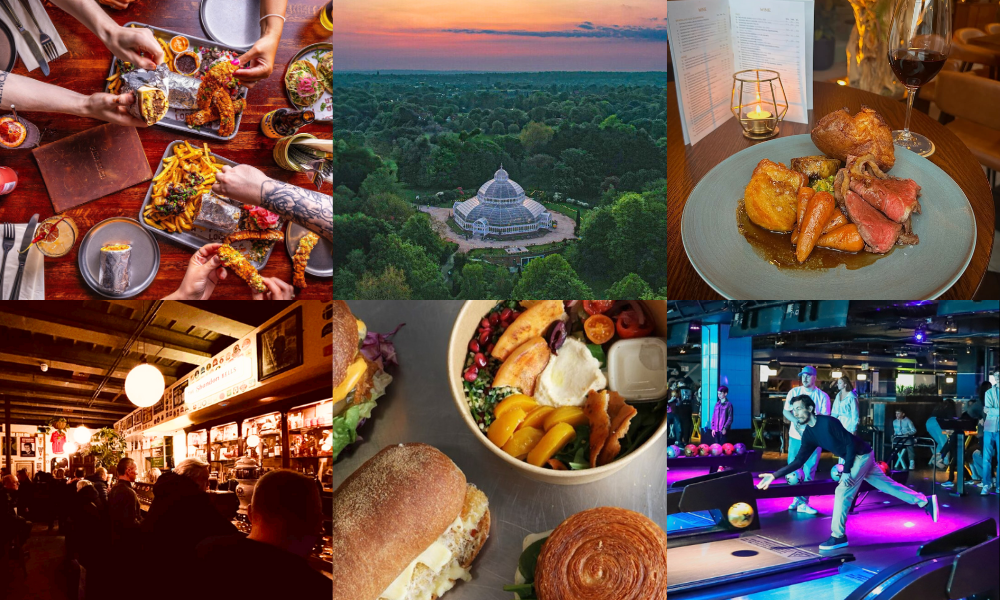
Features
Liverpool landlady says pubs are crucial to city’s survival
5 years ago
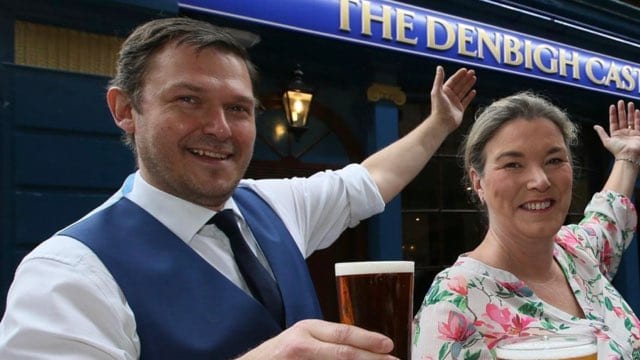
“Liverpool pubs will survive. Because if we don’t survive, the city doesn’t survive.”
Pub boss Fiona Hornsby, the owner of city centre The Bridewell and The Denbigh Castle, is confident that pubs will come back fighting after lockdown, adding: “We have come too far to fail or to go backwards.”
She says: “Who would have thought so many venues would have gone online, that we’d have had click and collect, and food in a box?
“Everybody has been so creative, and it’s that creativity, that positive thinking, that will get us through the other side once lockdown is over, and much of that has been led by independents of which Liverpool has so many.

“It won’t be easy. It will be hard. But by summer or the end of the year, I would hope that everything will be looking a lot brighter.”
Such hope is welcome from a woman who knows what she is talking about.
Fiona, who manages her pubs with husband, Dominic, was landlady of Rigby’s in Dale Street for 13 years, and spent two years as area manager for its owners, Market Town Taverns, looking after 20 of its venues across Liverpool, Chester, North Wales and Yorkshire.
After redundancy in February 2018 and a couple of other jobs, she and Dominic realised that it was time to work for themselves.
They took over The Bridewell in Campbell Square in June 2019 – “not the best timing as it turned out!” – and The Denbigh Castle in Hackins Hey in January 2020.
Although both are wet pubs, she adapted during the crisis to offer food in each, teaming up with Amalia to offer pizzas at The Bridewell, and Pimbletts in St Helens to offer pies in The Denbigh Castle.

“We didn’t want to do food, it didn’t make us money,” she says. “But it allowed us to get the doors open. There are kitchens at The Bridewell but it would have cost thousands to get them up and running.”
And, while Fiona acknowledges that when lockdown is first lifted, hopefully in March, she will probably have to offer food in the early days, she can’t wait to get back to running the kind of pubs she wants to.
Pubs which, she says, are all about conversation, chatting to each other; they’re meeting points and places that get everyone involved in social interaction, the thing that we have missed most during closures caused by Covid.
There is no doubt that wet pubs have been the hardest hit throughout the pandemic she says – food venues and restaurants had Eat Out To Help Out – but council help has been really welcomed and the furlough scheme has been a ‘Godsend’: “Without that I don’t think we would have been here now,” she says. “But we are, and we have still got all our staff who have been amazing, going from bar staff to waiters, and just doing everything that we asked of them.”

Fiona was landlady of Thomas Rigby’s for 13 years
Fiona and her team are currently working on a monthly plan to go forward, once lockdown and any further restrictions are lifted.
“You have got to have a plan, you need to have something to think about and focus on other than Covid and rubbish telly,” she smiles.
And that’s why Fiona is certain of a bright future once again.
“The end is in sight and we are going to get slowly back to normal.
“Pubs have been around for a thousand years, and they will be around for another thousand. That’s pubs like ours where people don’t want an app, they just want someone to talk to, a chat, to sit at a table and talk to the person at the next, or at the bar.
“We have a lot of single people who come in, elderly people for whom we might be the only other people they speak to all day. In our pubs we know the customers and care about them as much as they do us, and Liverpool has a lot of places like that. They are crucial to the city.
“That’s why after the first lockdown when we reopened, people came flooding back. They wanted to socialise. There are many pubs like that in Liverpool. It was brilliant.”
Some small pubs may not survive: “Although I hope they do. There are some brilliant pubs in Liverpool that we would really miss if they went. You don’t want to go and sit in some big place on a Tuesday afternoon, you want somewhere like us, The Globe or Roscoe’s, where there’s a bit of atmosphere, different beers and craft ales.
“I’m not sure about the village pubs, many of which are privately owned, but Liverpool’s are crucial to the comeback of the city as a whole. They are part of what we offer and what makes us different.

“We will know from day one what the future is going to be. If no-one comes out, we’re in trouble – but I don’t think that will be the case.
“Liverpool has got a good recovery plan and the council realises how much the city relies on tourism and the hospitality industry, and visitors love the independent pubs. They’ll go round town, see the sights, have a shop, go to a restaurant and have a drink. They love the independent pubs rather than the chains which are the same in every city.
“We are well placed to recover because we are a tourist destination, and each area relies on the other.
“Get the football back on, the arena and theatres, events, and we will come back strongly, and we will grow. It may take hotels etc., a little longer as people might be reluctant to stay at first.

“But look at us in 2008 when there was a recession. We had Capital of Culture and we rode it out. We will go into a recession now – but again we will ride it out.
“Everyone wants a sense of normality and it will come. We have got so much to offer, there is so much investment coming in, I think we will be fine. So let’s be positive, we’ve had enough doom – there is a lot to be positive about.”


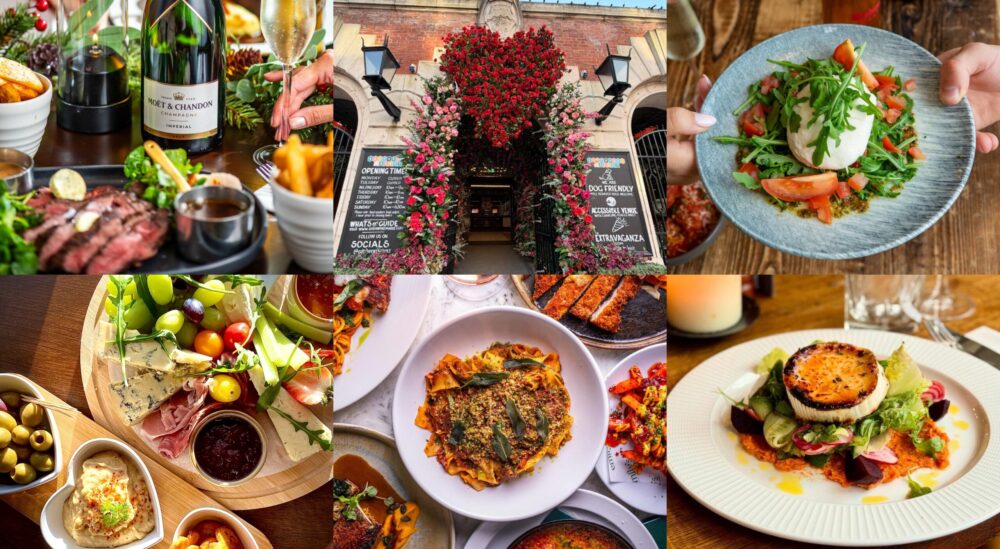
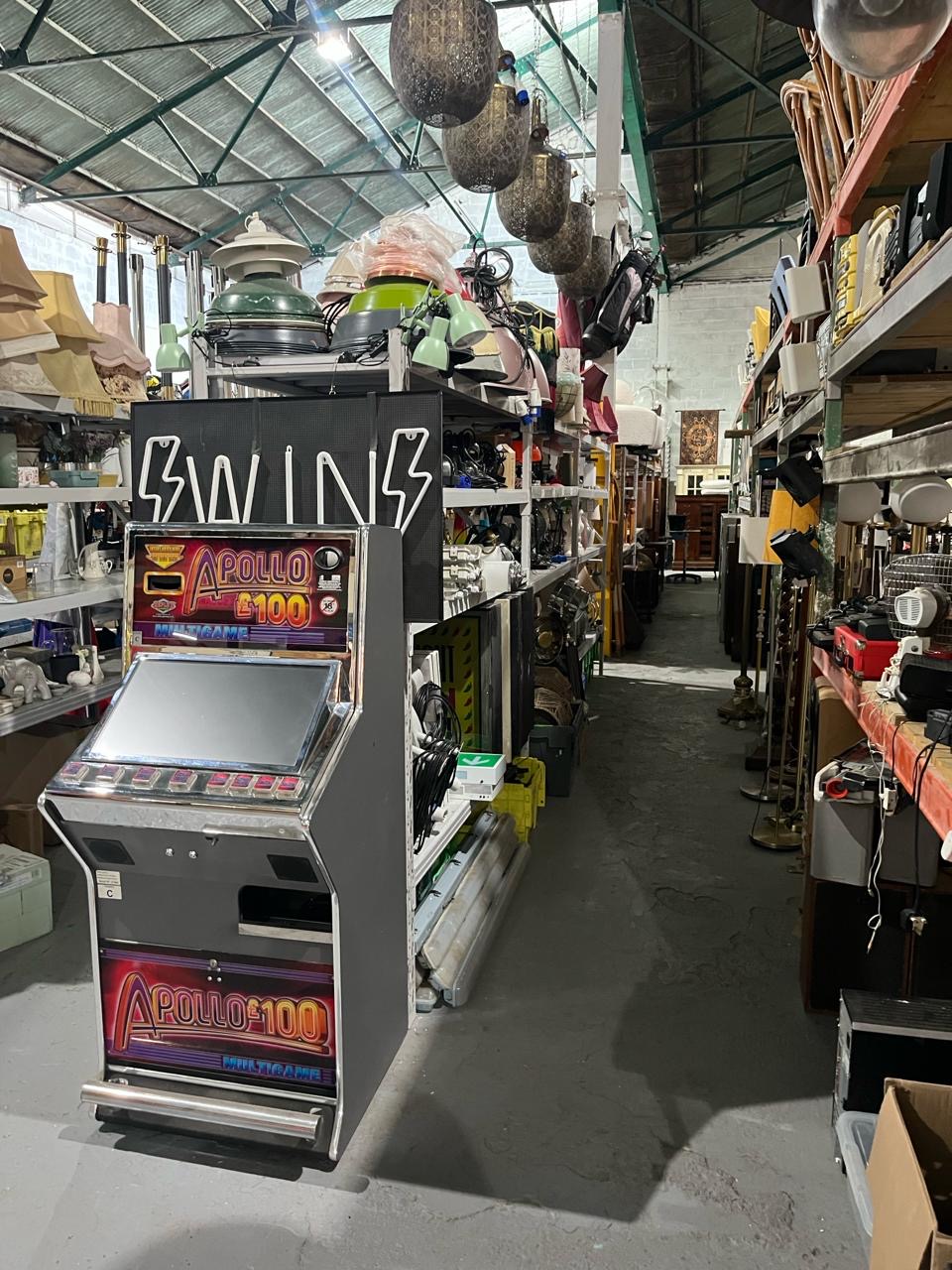
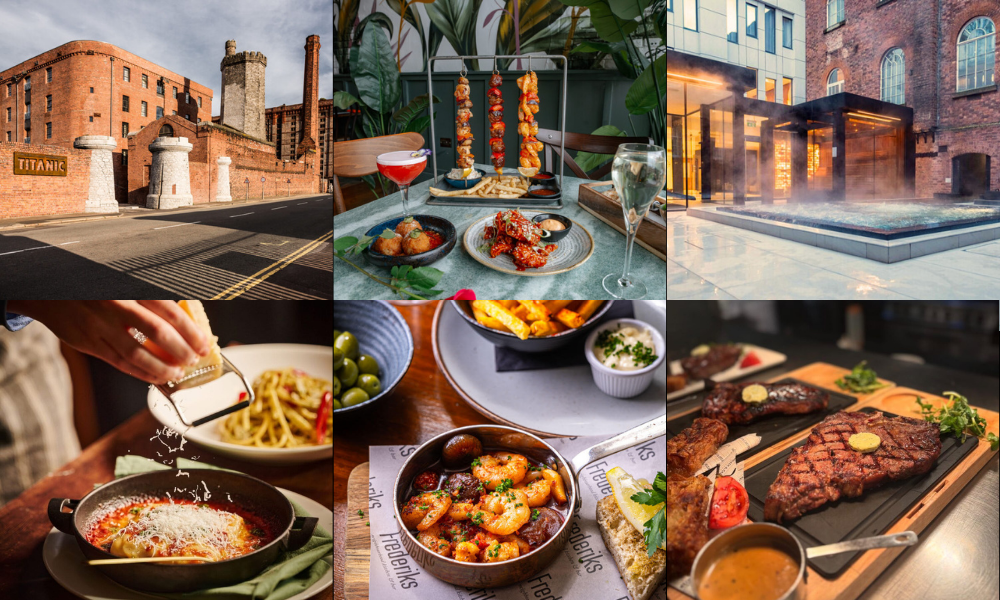
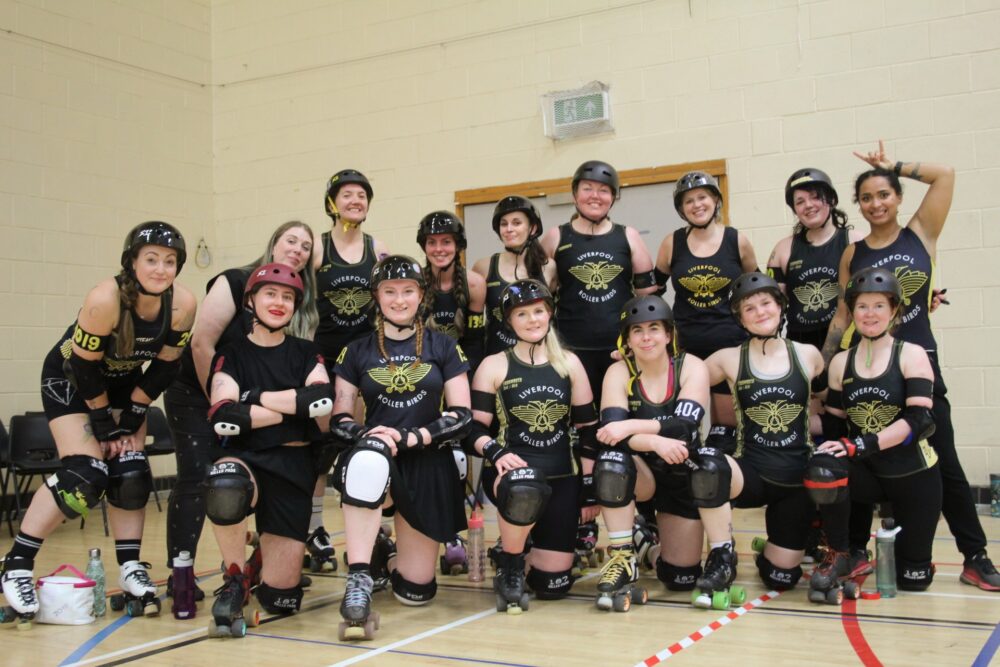
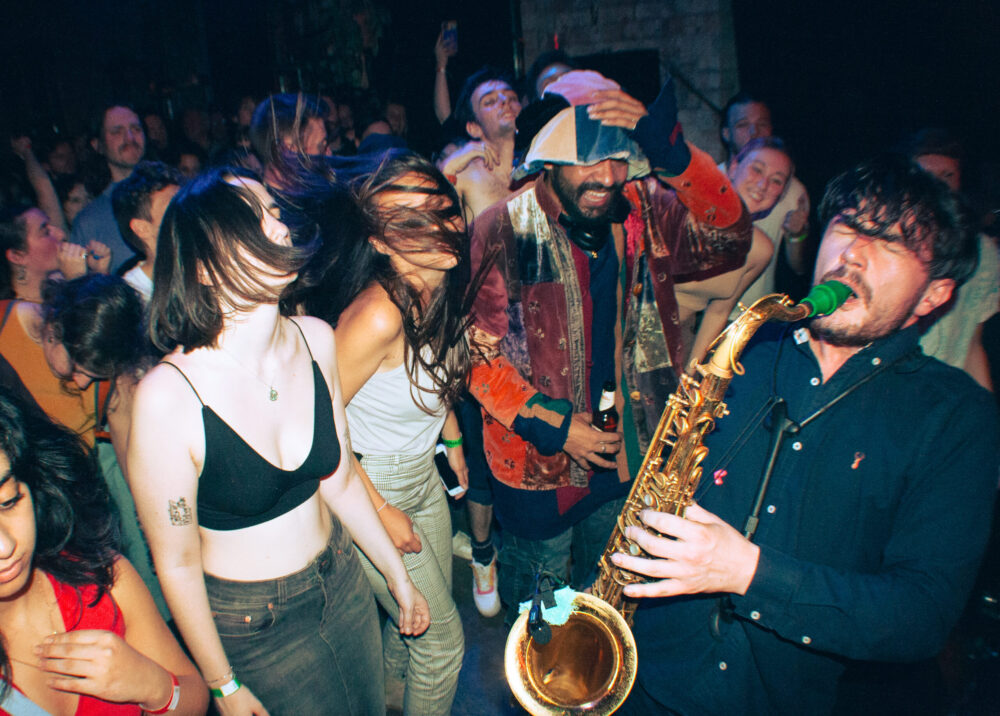
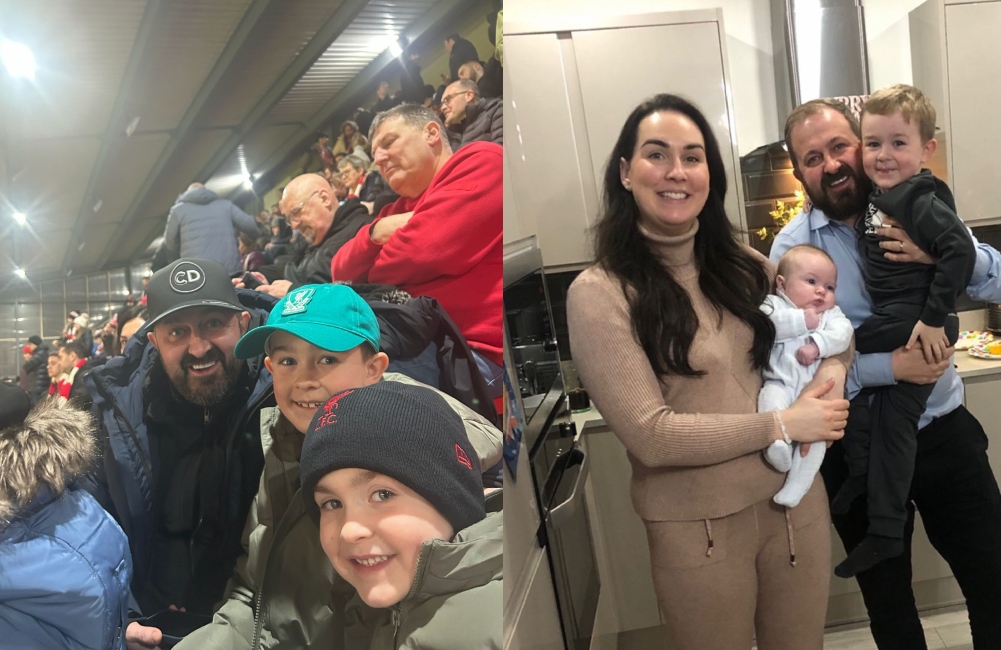
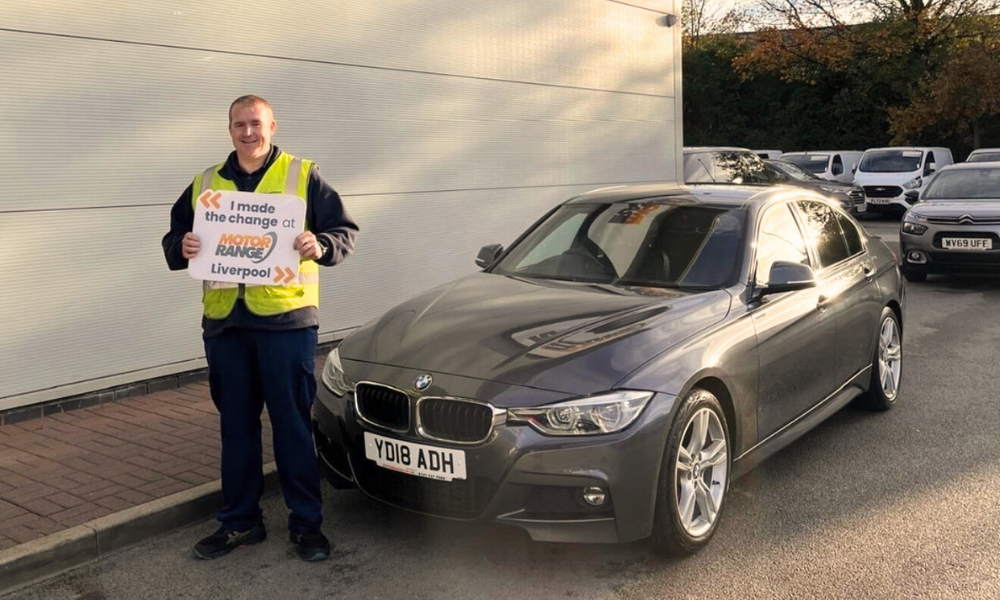
 Subscribe
Subscribe Follow Us
Follow Us Follow Us
Follow Us Follow Us
Follow Us Follow Us
Follow Us Follow Us
Follow Us











